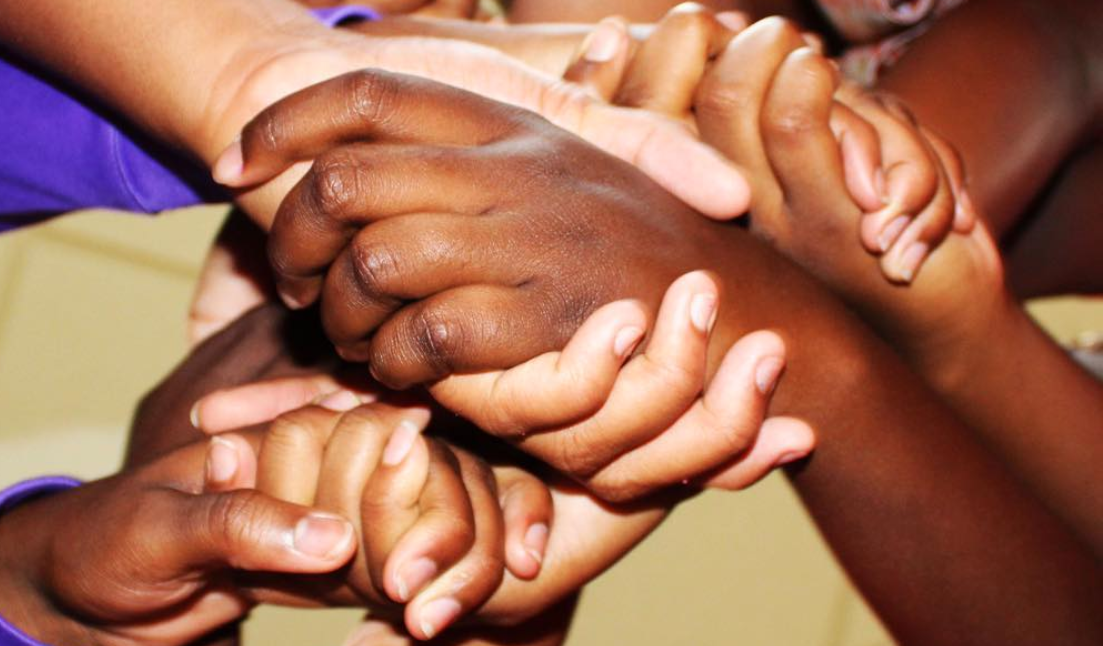Participatory democracy, or the de-emphasis of leaders in the contexts of education and community organizing, is a common priority among thinkers and organizers like John Dewey, Myles Horton, Paulo Freire, and Ella Baker.
In The Public and its Problems (1925-1927), John Dewey offers a foundational discourse on this principle, recommending that individuals in groups retain their individuality to attain participatory democracy. Elevating each individual de-emphasizes the leader’s authority and instead prioritizes the wants and needs of the community. This subversion of the common idea that authority lies with elected leaders underlines Dewey’s main argument: that power lies in the public, or the community. Knowledge of the power of the public is the first step in effecting fruitful social change, and participatory democracy is the key to revealing this simple fact (Dewey, 1925-1927, p. 371).
Horton and Freire further Dewey’s thinking in We Make the Road by Walking (1990). A direct parallel to John Dewey’s thoughts about de-centering leaders, they argue that knowledge not only is born with the people, but it grows among the people (Horton & Freire, 1990, p. xvi). The underlying goal of education, according to Horton and Freire, is to provide everyone the opportunity to acquire freedom through this shared knowledge. As educators, Horton and Freire use this principle of participatory democracy as a means for collective learning and social change.
In the articles “Ella Baker and Models of Social Change” (1989) and “Ella Baker and the Origins of ‘Participatory Democracy’” (2004), Charles Payne and Carol Mueller (respectively) discuss how Ella Baker, like Horton and Freire, executes participatory democracy through empathetic listening. Ella Baker, having inspired the term “participatory democracy” according to Carol Mueller, is a good example of an organizer who listens to and follows the public (Mueller, 2004, p. 79). Baker bases her decisions on the people themselves, or those she tries to organize, in order to ensure that the social change and empowerment that they pursue is, in every way, in the best interest of those who need it (Mueller, 2004, p. 84).
Baker, Freire, and Horton all underline the importance of “starting” with empathetic listening, which translates to an inclusive, participatory, and democratic discussion among the public and its leaders. Their reservations regarding authority legitimize their work as well-intentioned and more likely to create positive change for the public instead of themselves. As they demonstrate, public personas and attention are not necessary to make radical change for social justice. For both education and community organizing, the public is the foundation, the focus, and the hope when it comes to facing oppression and other challenges.
Participatory democracy is a crucial guiding principle when it comes to girls’ empowerment. In a community like Newark, New Jersey, where many girls are unfortunately disempowered, valuing each girl’s voice and experience is the first step toward raising them to be confident leaders in their academic careers and beyond. Like the organizers and thinkers mentioned above, grassroots organizations and scholars and practitioners encourage creating educational environments where girls can empower themselves.
References
Dewey, J. (1925-1927). The public and its problems [electronic edition] (L. Hickman, Ed.) (pp. 239-259, 352-373). Retrieved from http://pm.nlx.com/xtf/view?docId=dewey_ii/dewey_ii.22.xml;chunk.id=div.lw.2.38;toc.depth=1;toc.id=div.lw.2.36;brand=default;query=public%20and%20its%20problems#public%20and%20its%20problems
Horton, M., Freire, P. (1990). We make the road by walking: Conversations on education and social change (B. Bell, J. Gaventa, J. Peters, Eds.). Philadelphia: Temple University Press.
Mueller, C. (2004). Ella Baker and the origins of “participatory democracy.” In J. Bobo, C. Hudley, C. Michel (Eds.), The black studies reader (pp. 79-90). New York: Routledge. Retrieved from http://ebookcentral.proquest.com.
Payne, C. (1989). Ella Baker and models of social change. Signs: Journal of Women in Culture and Society, 14(4), 885-899. doi: 0097-9740/89/1404-0007$01.00
